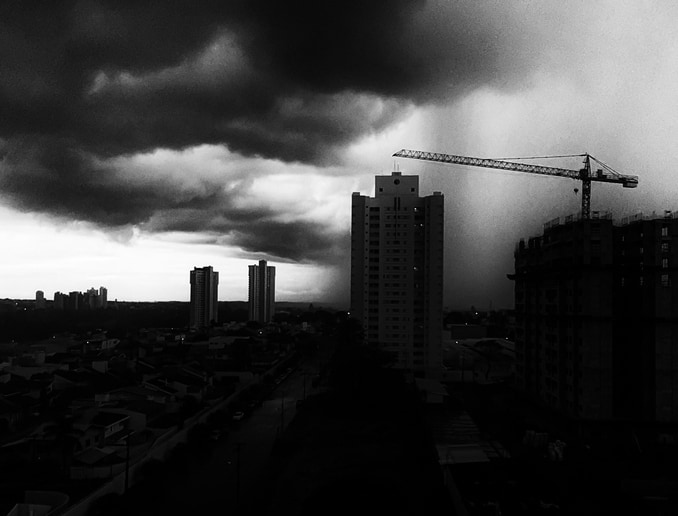It has been more than one year since the US initiated the trade war with China and increased American tariffs. More recently, Huawei was dragged into the dispute.
Yet, this is not a China-US issue only. The trade war impacts global import and export markets, disrupting supply chains around the globe.
This negative trade situation increases uncertainty, affects business and consumer confidence, restrains investment and adds stress to the financial sector and capital markets.
As illustrated during the last financial crisis, the first businesses to be impacted are traditionally small and medium enterprises (the SME) that are less defensive.
Consequently, one of the primary measures taken by the Hong Kong Special Administrative Region Government at the beginning of the trade dispute was to enhance the support from the “Dedicated Fund on Branding, Upgrading and Domestic Sales” (the BUD Fund) to Hong Kong enterprises.
The support, initially designed to cover Mainland China, was extended to the ASEAN markets in August 2018 to facilitate exploring new markets and avoid over-reliance on the Mainland China market.
The cumulative funding ceiling for individual enterprises was also doubled. In parallel, the Government has implemented enhancements for qualifying guarantees under the SME Financing Guarantee Scheme since November 19, 2018.
Despite this enhanced support and a low interest environment in 2018, businesses started to shy away from borrowing money to invest, as shown by credit lending growth which decreased from 16.1% in 2017 to 4.4% last year.
It's worth noting that the fall did not result from the banking sector tightening credit lending, but was due to weaker credit demand amid the uncertain environment arising from the trade war.
For the first half of 2019, the economic data released for Hong Kong was worse than expected.
The last Hong Kong export numbers fell seven months in a row, despite the existence of the United States-Hong Kong Policy Act which treats the city separately from China in terms of trade export and economics.
President Trump recently escalated further the trade war with China by announcing a 10% tariff to be imposed on US$300 billion in goods from September 2019 though later he decided to delay imposing tariffs on some imports from China until December 15.
The effects of the slowing global environment are now also compounded by the continuous protests surrounding the possible passage of an extradition law in Hong Kong, which have started to impact the local economy and business growth.
For instance, the retail sector forecasts a double-digit year-on-year drop in sales for July and August, according to a statement by the Hong Kong Retail Management Association.
The ongoing strained conditions faced by the real economy could give rise to contagion effects on other vital sectors in Hong Kong, including the financial services sector that contributes significantly to the gross domestic product.
Although the good health of the Hong Kong banking sector enables it to withstand the tough market conditions for now, this on-going deteriorating environment might undermine the credit quality reported by banks and pose downward pressure on banks’ profitability in the near term.
About the author
Pierre Latrobe is Director in Financial Services at Mazars.




